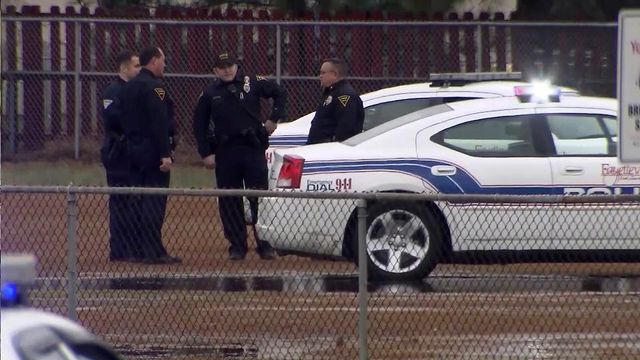Fayetteville PD eyes 'Silent Siren' crisis intervention for PTSD sufferers
Police in Fayetteville are in the early stages of implementing a program called Silent Siren that is aimed at helping first-responders and law enforcement officers more safely handle emergency calls involving people suffering from post-traumatic stress disorder.
Posted — UpdatedThe city sits next to Fort Bragg and Pope Army Airfield and is home to thousands of military personnel and soldiers, some who have returned home from combat with haunting memories of war.
In the past two years, Fayetteville police have had at least two situations involving soldiers struggling with PTSD. In January 2012, a Fort Bragg soldier was injured in a shootout with police after he fired shots at firefighters. In September 2013, a former soldier shot and killed two of his neighbors before committing suicide.
Mental health professionals say everyday things and situations, such as loud noises or flashing lights that might be reminiscent of a traumatic situation, can trigger violent reactions in people who suffer from PTSD.
Silent Siren, in conjunction with the local 911 dispatch system, provides first responders with training, skills and vital information for them to approach a crisis situation.
For example, with the help of Silent Siren, police, firefighters and EMTs might turn off sirens when arriving at a scene. They may also have on hand medical details or a spouse's contact information.
Fayetteville police, city leaders and military leaders from Fort Bragg met Monday to hear about the program and want to form a committee to look at how to best implement Silent Siren. They hope to have it in place within a year.
The national nonprofit Silent Siren program was developed by the wife of an Iraq War veteran whose PTSD was the result of being seriously wounded in an IED attack while on patrol in 2007.
• Credits
Copyright 2024 by Capitol Broadcasting Company. All rights reserved. This material may not be published, broadcast, rewritten or redistributed.





